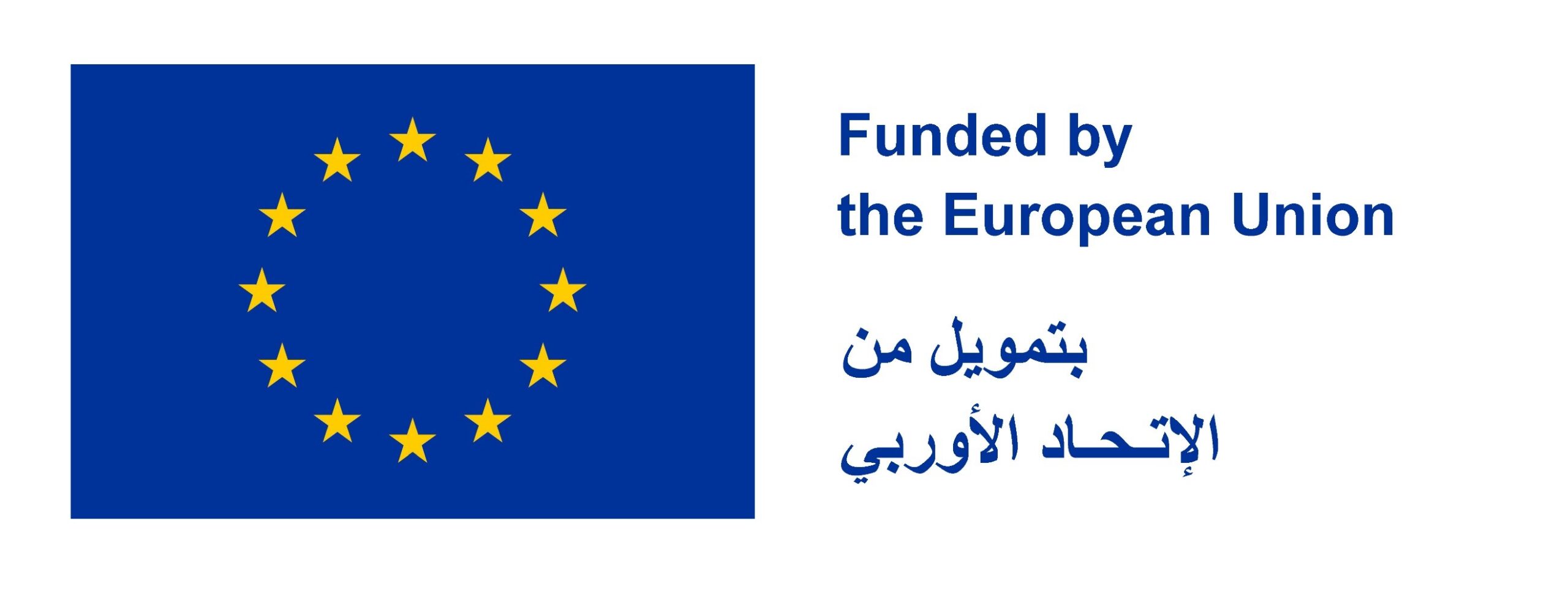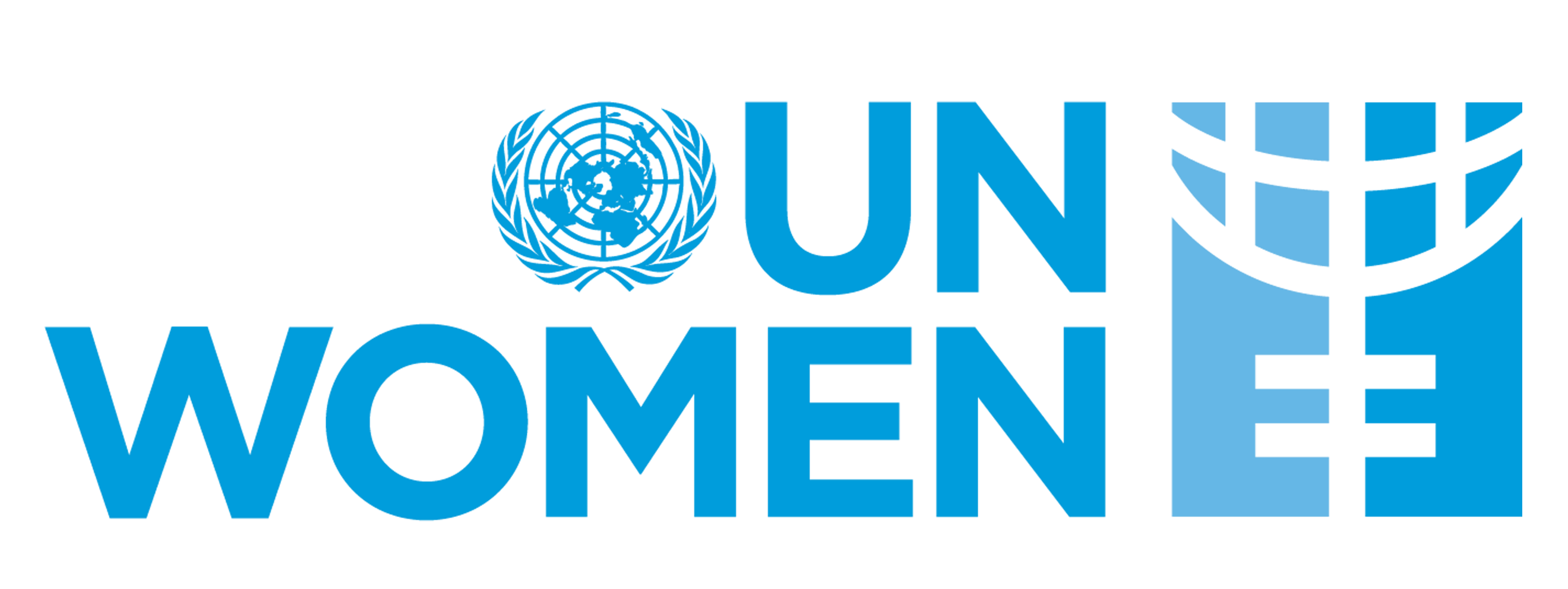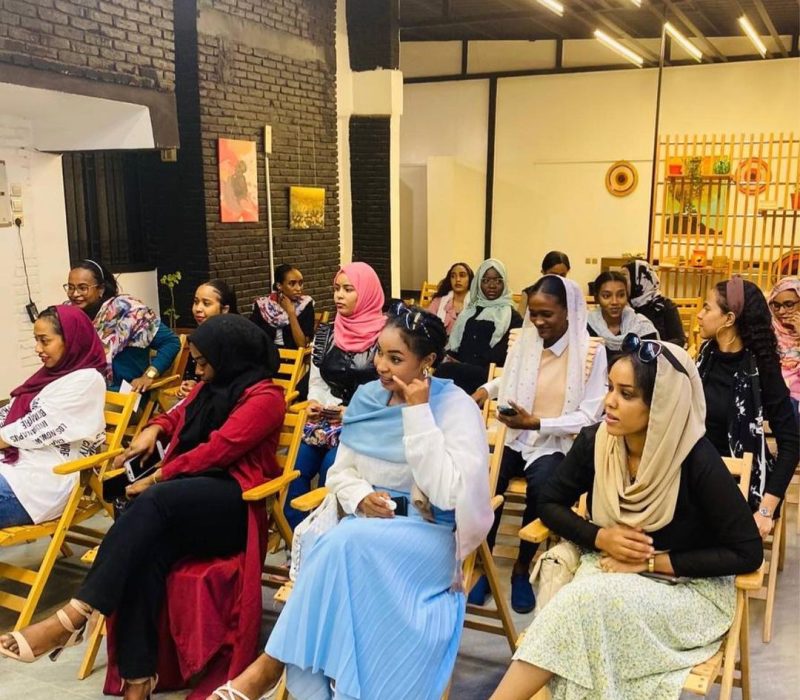
The WE-RISE! Initiative
The AICS (Italian Agency for Development Cooperation) WE-RISE! Initiative intends to improve the access of women, youth and people living in vulnerable situations to a more inclusive market system in Port Sudan and Kassala states.
The project, jointly implemented by AICS and UN Women, is part of the special allocation 2019-2020 channelled under the European Union Emergency Trust Fund for stability and addressing root causes of irregular migration and displaced persons in Africa (EUTF) to support the democratic transition in Sudan. The Target States of WE-RISE! are Kassala, Gedaref and Red Sea State.
Background of the project
The 2018 GEM results of Sudan’s adult population survey showed a relatively high level of involvement in entrepreneurial activities. At the time of the survey, 69.1% of the interviewed manifested the intention to start up a new business activity in the next three years, 10.3% were starting up a new business not older than three months, and 12.6% were consolidating a business older than three months but established less than 42 months ago. As of July 2018, 22.1% of Sudan’s adult population was involved in early-stage entrepreneurial activity.
Historically, many entrepreneurs were involved at the micro-level of home-based production (especially among women) and micro enterprises. It has been well observed that many micro and small enterprises (MSEs) have been operated driven by necessity. The results highlight a gender disparity, where men appear to be more involved in early-stage entrepreneurial activity than women: the percentage of male nascent entrepreneurs is 12.2% compared to 9.8% of female nascent entrepreneurs.
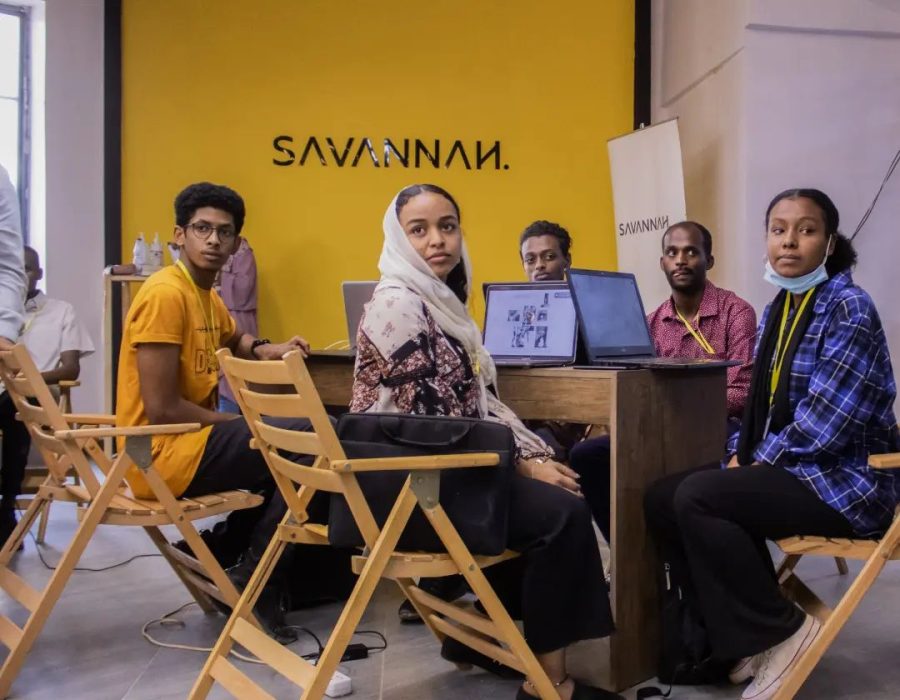
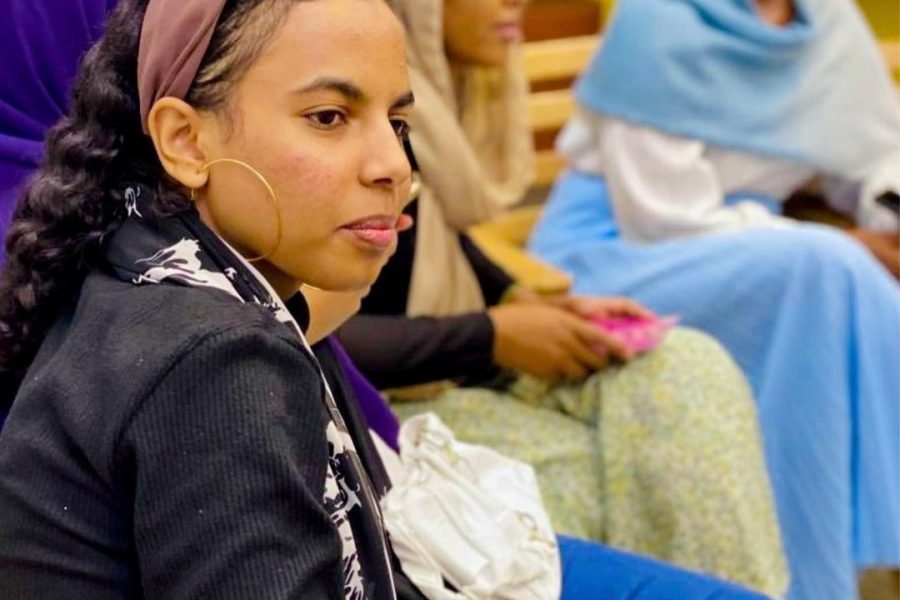
In addition to being mainly made up of small and medium-sized enterprises, the Sudanese business landscape is characterised by fairly high percentages of business discontinuation (17.3%) and a low rate of established businesses (10.2%). While these data are balanced by a very high proportion of recently created businesses (22.9%) that could reflect a good propensity toward innovation and renovation, it is more likely that high volatility depends on the low-quality and insufficient modernisation of the businesses that, once established, are unable to compete and survive in the market for long.
The data mentioned above furthermore emphasize the need for tailored interventions aiming at encouraging self-employment, fostering job opportunities and improving the quality and competitiveness of the business sector in Sudan.
More in detail, context data highlight how starting up new businesses is still a desirable choice for many Sudanese, even if they are driven by necessity and lack of other job opportunities. At the same time, the local entrepreneurial fabric consists of the most of MSMEs that struggle to consolidate their activities.
Low access to financial and non-financial services furtherly limits the possibility for start-ups and MSMEs to set up and survive in a general economic environment that already hinders their operational capability and potential to grow and expand.
Nevertheless, another limit to business continuation is constituted by the low performances of the established business which does not make them competitive in the market and therefore affects their chances of consolidation and survival.
Based on these premises and in the light of WE-RISE! Initiative aims and objectives MDF and Savannah Innovation Labs have been asked to support already established MSMEs and start-ups in Kassala states through a business development project. The target groups for this project will be women, youth and women with vulnerabilities.
Find out common queries to provide you with quick and informative answers
Savannah Innovation Labs is an innovation and entrepreneurship incubator in Khartoum with a history of running programs in the Red Sea, Darfur, Kordofan, and Blue Nile states. The organization aims to support and empower entrepreneurs in Sudan by providing access to resources, mentorship, and networking opportunities. Savannah is also a member of the Afrilabs and the Africa Business Angel network. In addition, Savannah is a partner with Tera-B, the country’s first Sudanese diaspora-backed angel network, and a sourcing partner for the Africa Renaissance Fund, the first $10M horn of Africa fund with a focus on Sudan. Collectively and with its programs and direct investments, Savannah and its partners have channelled more than $800k in the Sudanese ecosystem, creating thousands of jobs.
Savannah Innovation Labs offers a range of services to entrepreneurs, including business development training, access to financing and investment, and support in developing and scaling their businesses. In addition, the organization works with start-ups in various sectors, including technology, agriculture, and health care.
In addition to its incubation program, Savannah Innovation Labs also hosts events and workshops focused on entrepreneurship and innovation. Moreover, it works with local and international partners to support the development of the entrepreneurial ecosystem in Sudan.
Savannah Innovation Labs is the local implementing organization in Sudan, implementing the business development support program.
MDF is a management consulting and training company with a passion for private sector-led development, while placing social impact at the forefront of all our activities. Our company, with offices in Africa and Asia, is able to offer high quality international and local expertise in the implementation, coordination and management of assignments.
MDF has over 38 years of experience in providing technical assistance in developing and emerging economies, including over 10 years in supporting SMEs from ideation, prototyping, incubation, acceleration, investment and matching, and grant fund management. We strongly believe in promoting entrepreneurship, entrepreneurial thinking and innovation for sustainable and inclusive development. We don’t believe in quick fixes, but always seek to build capacity and train others to do the same. We combine business development support with personal and organisational capacity development, to ensure that individuals are empowered to implement business growth strategy.
As part of its private sector development efforts, MDF has specialised in supporting sustainable business development, with a focus on job creation, sales growth, access to growth funding and social, economic and environmental impacts. We own several toolkits for early stage as well as existing businesses, such as the Inclusive Business and Innovation toolkits, our Organisational Capacity Assessments and our Personal Capacity development tools. We always tailor and contextualise our tools and materials to each program we implement. MDF has been training and assisting entrepreneurs directly, as well as supporting other organisations (Enterprise Support Organisations) to build the capacity of start-ups, early-stage businesses and established businesses owned by youth, migrants and women entrepreneurs. We are active in several sectors, such as health, food, WASH, agriculture (climate-smart), ICT, light industry, services and renewable energy.
MDF’s incubation and acceleration programme incorporates human-centred design, lean start-up methodologies, business model innovation and customer discovery.
We run several innovation hubs, including the Ghana Innovation Hub since 2018, the Circular Economy Hub in Kenya and Ghana, and manage several entrepreneurship and ecosystem support programmes, as well as train-the-trainer courses for business advisors across Africa and Asia. The wide range of programmes we have conceptualised, developed and/or implemented are all aimed at equipping entrepreneurs with the right skills to develop and grow their businesses. We run our programmes with a focus on outcomes and try to link our entrepreneurs to follow-up opportunities such as mentoring and/or funding.
Below you will find a summary of the support services for entrepreneurship and SMEs from 2014 to 2022:
- We have supported more than 5,000 people, 2,750 (youth-led) start-ups and more than 200 existing businesses with ideation, incubation and/or acceleration support. These businesses have, in turn, created over 4,000 jobs.
- 3,000,000 in support capital (allocations, grants and investments).
- 650,000 in proof-of-concept funding and investment support, with further funding planned for 2022-2024. This includes the Orange Corners Innovation Fund, which allows our entrepreneurs to apply for a loan of up to €50,000, with an interest rate of 5% and a term of two years.
- Capacity building of over 15+ business support organisations and Education Institutions (both Higher Education and TVET) in Africa (Ghana, Ethiopia, Mali, Sierra Leone, Nigeria, Benin, Rwanda).
MDF is the managing organization for the business development support programs of the WE-RISE! Project.
Meet The Ventures
150 ventures will be selected to participate in the WE-RISE! Initiative. When the time comes, this is where you will be able to find everything about who they are, what they do, and what they want to achieve!
